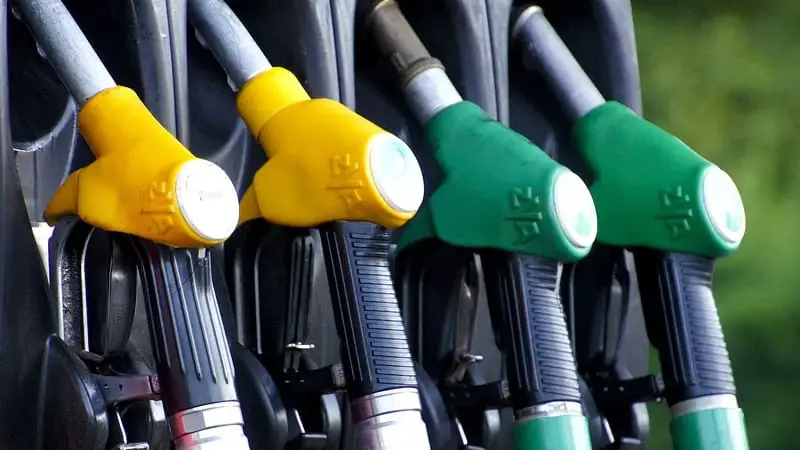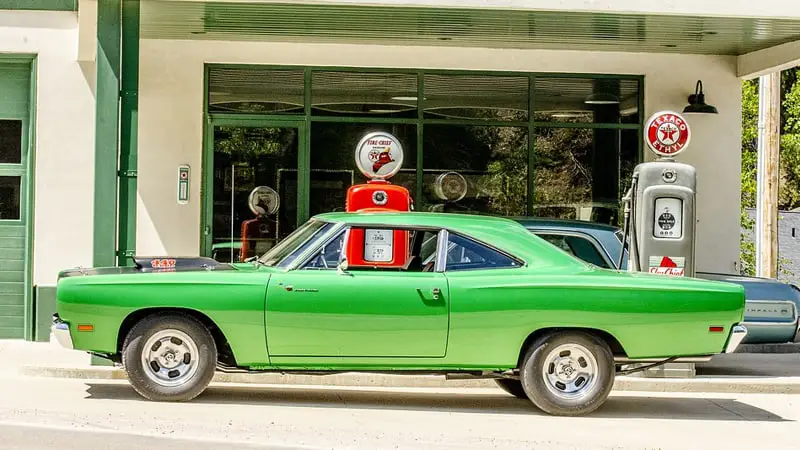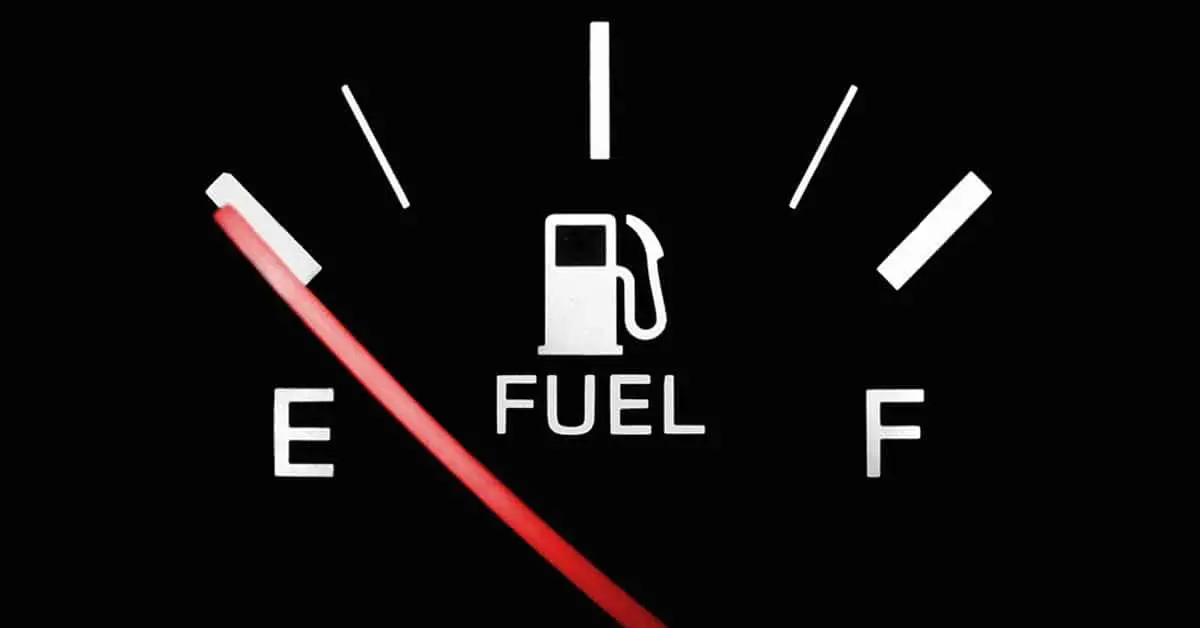Drivers also hate to nitpick, but most of the biggest car faults tend to stem from ignored minor problems. An example of this kind of minor problem is ignoring when your gas tank makes hissing noises. But is it a problem if your gas tank makes hissing noises whenever you open it?
If your gas tank makes a hissing noise solely when you open it, it is likely a result of a normal difference in pressure inside and outside the tank. However, if the hissing noise continues even after you close the tank, you should worry, as it may be the result of a leaking gas tank that can fuel a fire.
In this article, you’ll get a breakdown of why your car may be making a hissing noise while you refill your fuel tank. Also, you’ll learn how your gas tank works in general and when you should start to worry about noises with your gas tank.
Is It Normal That My Gas Tank Make Hissing Noise when I Open It?

While the hissing noise from your gas tank sounds like a problem, you only have a problem when your car’s gas tank doesn’t hiss after opening. When you understand how a gas tank works, you’ll understand why a hissing gas tank signifies it’s working in the optimal condition.
Before applying the explanation below to your situation, it’s important to check if there are no warning signs that may indicate damage. If your car doesn’t run rough or display any lights that may signify an issue, it’s safe to say there isn’t a problem.
Due to various regulations, there is a limit towards the number of hydrocarbons that your car can release into the atmosphere. Manufacturers seal fuel tanks to meet these regulations, creating low pressure in the tank whenever you use gas.
Since the air pressure inside the tank is lower than that outside the tank, your tank will naturally pull in some air to increase the pressure. This will create a little hissing noise which should go away after 10 to 15 seconds.
If the hissing noise from the tank continues for long after opening the tank, and even after closing it, you may have to see a mechanic. The noise is usually a characteristic of a leak, which is abnormal and dangerous.
Why Does My Propane Gas Tank Make Hissing Noise when I Open It?
If you’re referring to the hissing sounds from a propane gas tank, then it’s a different story. While the hissing sounds in a car are usually normal, that from a propane gas tank is usually abnormal and signifies a leak.
When this happens, there are usually other signs that can help you confirm if it’s certainly a gas leak. If none of the other signs show, don’t panic; the panic might just be a harmless thing happening randomly.
If you notice your propane gas tank making a hissing sound, here are some other signs to check out before assuming you’re dealing with a worrying leak.
1. Smell around
If you use a propane gas tank, you should already have an idea of what propane gas smells like. Once you hear a hissing sound from around the tank, turn to your sense of smell to help you confirm if it’s a leak or if it’s something harmless.
Depending on the severity of the leak, you may have to call a technician for help. If you’re having a massive propane gas leak, you may have to escalate it to the district’s fire department for appropriate help.
2. Check the relief valve
If you can’t point out any leaks in your propane gas tank, you should check the relief valve cap on your gas tank. If the cap is open, you shouldn’t worry about the hissing around the tank. The cap is designed to help relieve the pressure on very hot days to prevent ruptures and explosions.
If the cap on the relief valve is open, you should spray water on the tank using a garden hose. This will cool down the gas tank, relieving the pressure and allowing the relief valve to close naturally.
What to Do If Gas Tank Is Hissing

If your propane gas tank is hissing, it’s almost always a gas leak. If you’re not sure you can handle the hissing gas tank on your own, you can contact a licensed professional to help mitigate any risks.
If you’re pretty confident with handling your gas tank on your own, however, you can try the following fixes to help reduce the risks of anything going seriously wrong when your propane gas tank starts to make weird hissing noises.
1. Test for a gas leak
Up until this point, you’re only theorizing that you may have a gas leak. You must conduct a proper test to be certain that it’s actually a leak and not just some way for your gas to reduce pressure.
A common way to test for a leak is by pouring soap water onto the surface of the gas tank. If there are any bubbles, it’s mostly the sign of a leak. If the bubbles are pretty big, you should consider contacting relevant professionals immediately.
Once you establish that it’s a leak, you can move on to the next step for appropriate safety measures. If it’s not a leak, it’s most probably your tank trying to ease the excess air pressure.
2. Put out all flames
When there is a gas leak, you should try to put out every possible flame immediately. Since propane gas is insanely flammable, any little flame can be picked up by the gas, causing an explosion and a risk of fire.
Even if you’re seeking help, it’s important to ensure there’s no flame left around. You should also keep your phone off, as your phone can cause a spark that can potentially cause a fire.
3. Evacuate the building
If the gas leak appears to be widespread, you should try to evacuate the building immediately. In addition to being very flammable, propane gas can make it significantly harder to breathe. These can be safety hazards if you stay in the building for significant periods.

